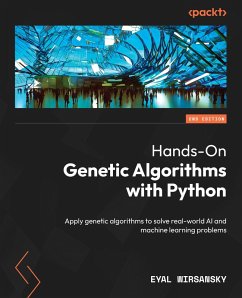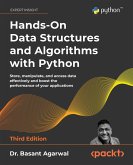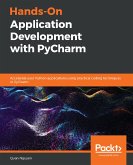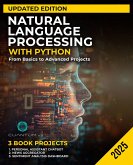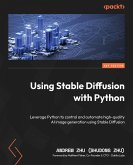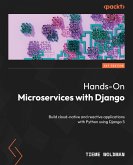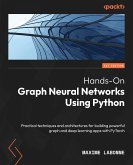After an introduction to genetic algorithms and their principles of operation, you'll find out how they differ from traditional algorithms and the types of problems they can solve, followed by applying them to search and optimization tasks such as planning, scheduling, gaming, and analytics. As you progress, you'll delve into explainable AI and apply genetic algorithms to AI to improve machine learning and deep learning models, as well as tackle reinforcement learning and NLP tasks. This updated second edition further expands on applying genetic algorithms to NLP and XAI and speeding up genetic algorithms with concurrency and cloud computing. You'll also get to grips with the NEAT algorithm. The book concludes with an image reconstruction project and other related technologies for future applications.
By the end of this book, you'll have gained hands-on experience in applying genetic algorithms across a variety of fields, with emphasis on artificial intelligence with Python.
Dieser Download kann aus rechtlichen Gründen nur mit Rechnungsadresse in A, B, BG, CY, CZ, D, DK, EW, E, FIN, F, GR, H, IRL, I, LT, L, LR, M, NL, PL, P, R, S, SLO, SK ausgeliefert werden.

